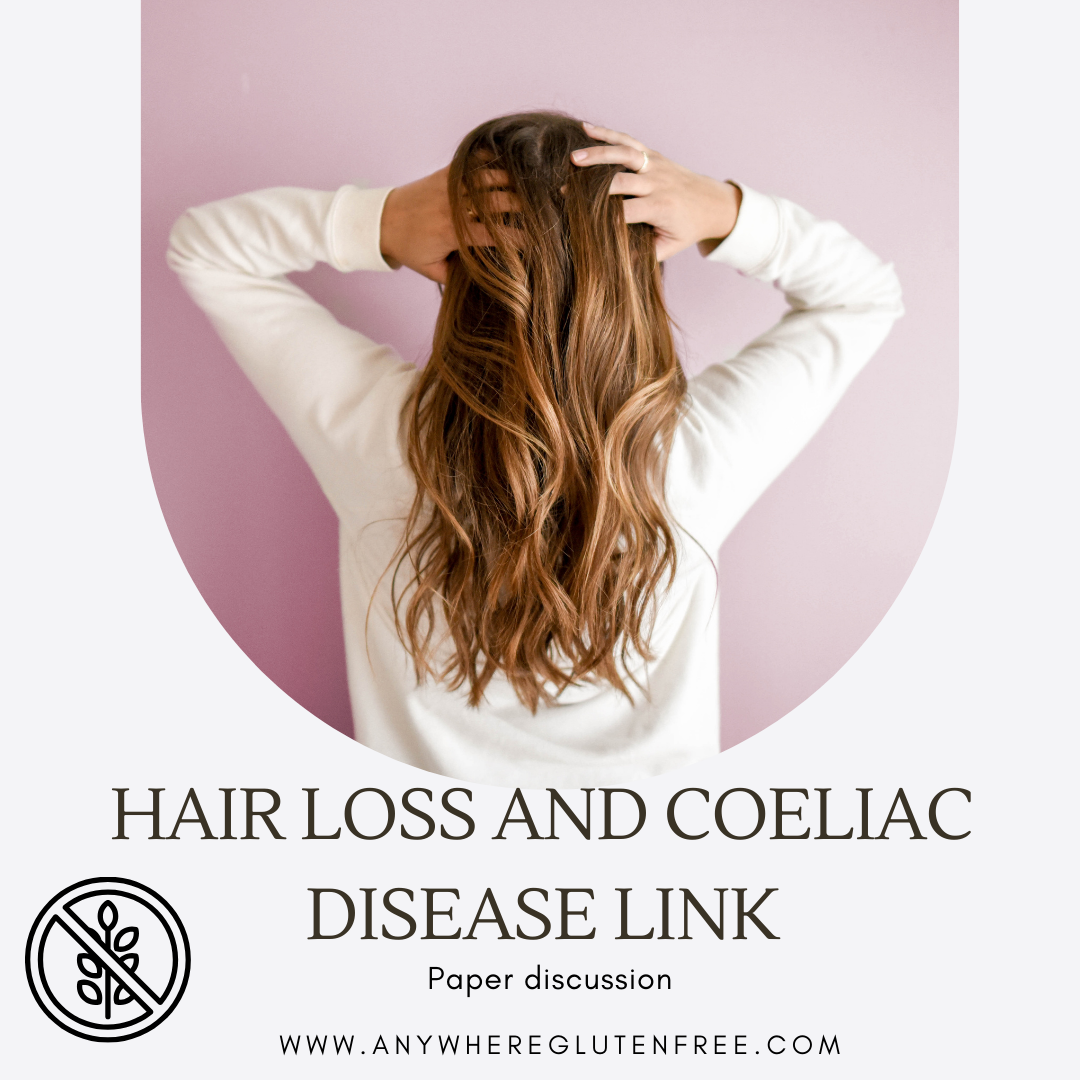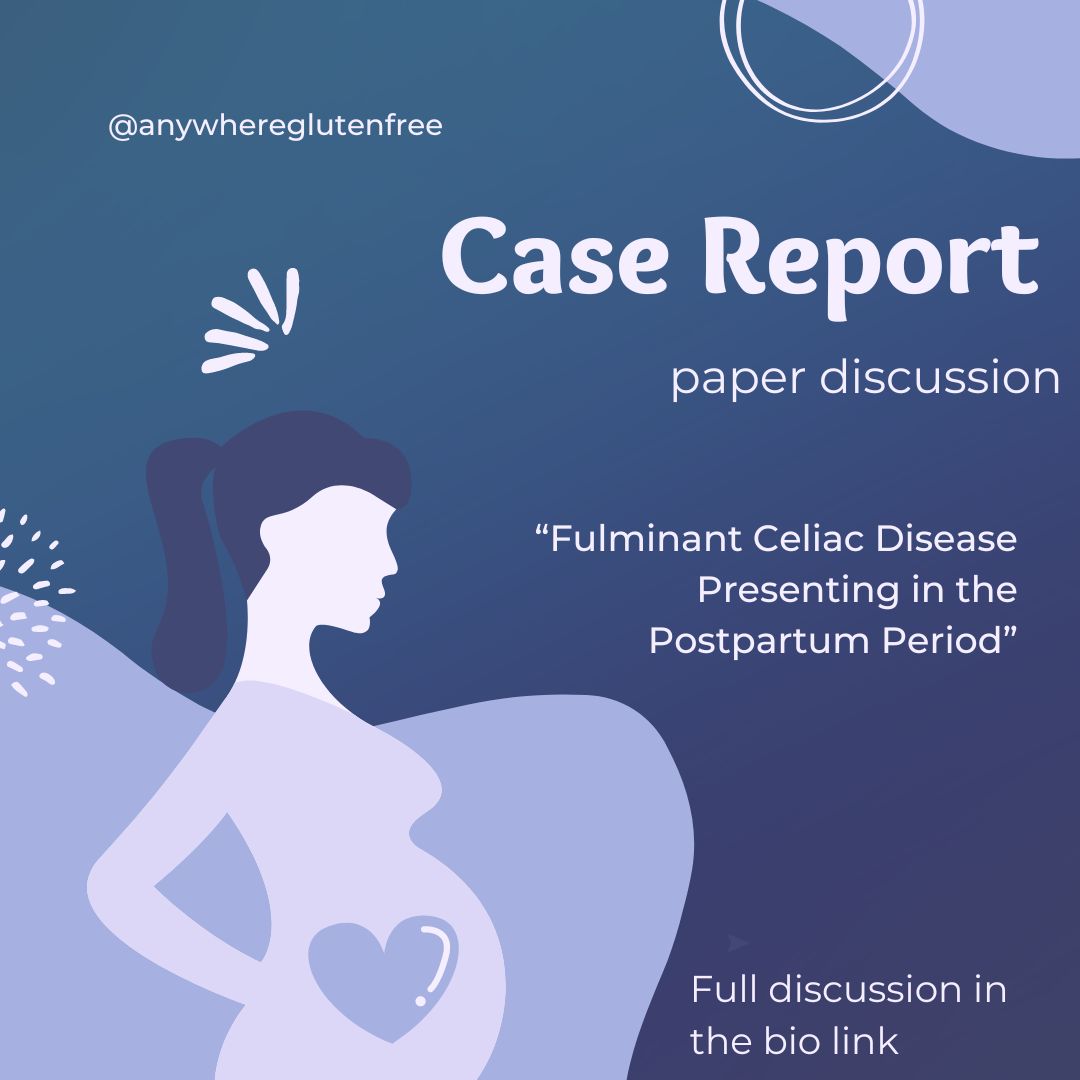Hi, coeliacs
I hope all is well with you!
Recently, Harvard Healthy Publishing posted in their blog a really polemic topic: if coeliac disease affects life expectancy.
We all know that coeliac disease is an autoimmune disease that affects the whole body.
I always make sure that my friends and family know the basic differences between autoimmune disease and allergy to understand how serious coeliac disease is. Yep, autoimmune disease and allergy are completely different diseases but with some similarities which makes people confused. I will give a brief explanation about both in the following paragraphs and finalize why I think understanding the difference is important when we discuss life expectancy.
Autoimmune disease: Let’s break the word autoimmune = AUTO (by itself, spontaneous) – IMMUNE (related to the immune system) = your body immune cells fight against your own tissue. Examples of autoimmune diseases are coeliac disease, psoriasis, rheumatoid arthritis, systemic lupus erythematosus, type 1 diabetes and the list goes on.
It is triggered by something inside our bodies. For example, when a coeliac eats gluten, it is incompletely digested and specific parts of the gluten protein (called gliadin) are recognized by cells and considered an invader. Cells start producing antibodies against our tissues (these antibodies are what we detect in the blood test!!) along with pro-inflammatory signals that perpetuate the inflammatory response.
A wonderful recent review about coeliac disease (the scientific part of it, with all the mechanisms in depth) can be read here.
I watched a talk given by a Rheumatoid Arthritis (RA) researcher and she confidently said “When we discover what triggers RA we will find the cure!”. If it was so easy, we would have the cure for coeliac by now! I decided to not raise this point during the event as unfortunately people do not care about coeliac, I regret to be honest.
Interesting fact: the only autoimmune disease (at least until the date I publish this post!) that scientists know the trigger is coeliac disease. Gluten activates the disease in genetically predisposed people. Scientists are not sure what activates other autoimmune diseases, although they are strongly related to intestinal microbiota, genetics, and lifestyle.
Allergy: Is triggered by something external such as peanuts, pollen, gluten (here can be confusing!!) etc (also called allergens). These triggers are recognized by different cells. Antibodies are also produced and a lot of chemicals are secreted promoting the classic allergic response like itching, inflammation, tissue injury and anaphylaxis (remember, that these symptoms are also found in people with autoimmune disease!). Because of the understanding of what promotes these reactions in allergy, treatment usually is really simple. Histamine is a chemical that promotes most of the unwanted allergic symptoms, so targeting it with antihistamines works pretty well! 🙂
Treatment for autoimmune disease is more complex. Autoimmune treatment is more generalized (although specific medication are being developed, still, there is an enormous lack of specific drugs for autoimmune conditions). Treatment mainly consists of reducing the inflammatory reaction in the whole body using drugs like corticosteroids, anti-TNFalpha, etc. There is no medication for coeliac disease, the only treatment is to avoid gluten for the rest of the person’s life.
Why I explained the difference between autoimmune disease and allergy? To reach the main point of this post: autoimmune disease is a disease that kills the patient slowly if not well controlled. Allergy usually is a limited reaction, can be controlled quickly leaving few or no negative consequences to the patient. A person with an activated autoimmune disease can suffer for days or even months, medication is not always effective in controlling the inflammatory response and the damage in the tissue may be irreversible.
Both, allergy and autoimmune diseases are terrible conditions but who has coeliac disease cannot say “I’ll just eat a little bit, it won’t make me feel sick”. Sorry to tell you but it will. You may not feel because you are young and your body can fight against it in a “controlled manner”, but the consistent triggering of immune response can be detrimental in the long term. That’s my conclusion of the study that found that coeliacs, although small, have a shorter life expectancy. The study was done in a Swedish population diagnosed between 1969 and 2017. The paper mention that the results could be the consequence of chronic inflammation (that’s what I believe as well and tried to explain here). They also compared patients from 2010 to 2017 and results were similar, which is intriguing. Similar results were found in the UK population (read here) but some other studies didn’t find any differences, especially between patients with villi atrophy versus normal villi suggesting that it’s not the duodenum integrity that impacts survival but something else that still needs to be discovered in coeliac disease patients. We need more and more studies like this, with populations from different countries, ages, behaviors to have a robust conclusion.
Taken together, it is extremely difficult to control an autoimmune inflammation so usually, these patients live with a persistent inflammatory response which the consequences are detrimental.
My final message is: take care of yourself, make sure you won’t regret your attitudes in the future. Constant, small contaminations is definitely not a good idea for a coeliac!



Leave A Comment
You must be logged in to post a comment.